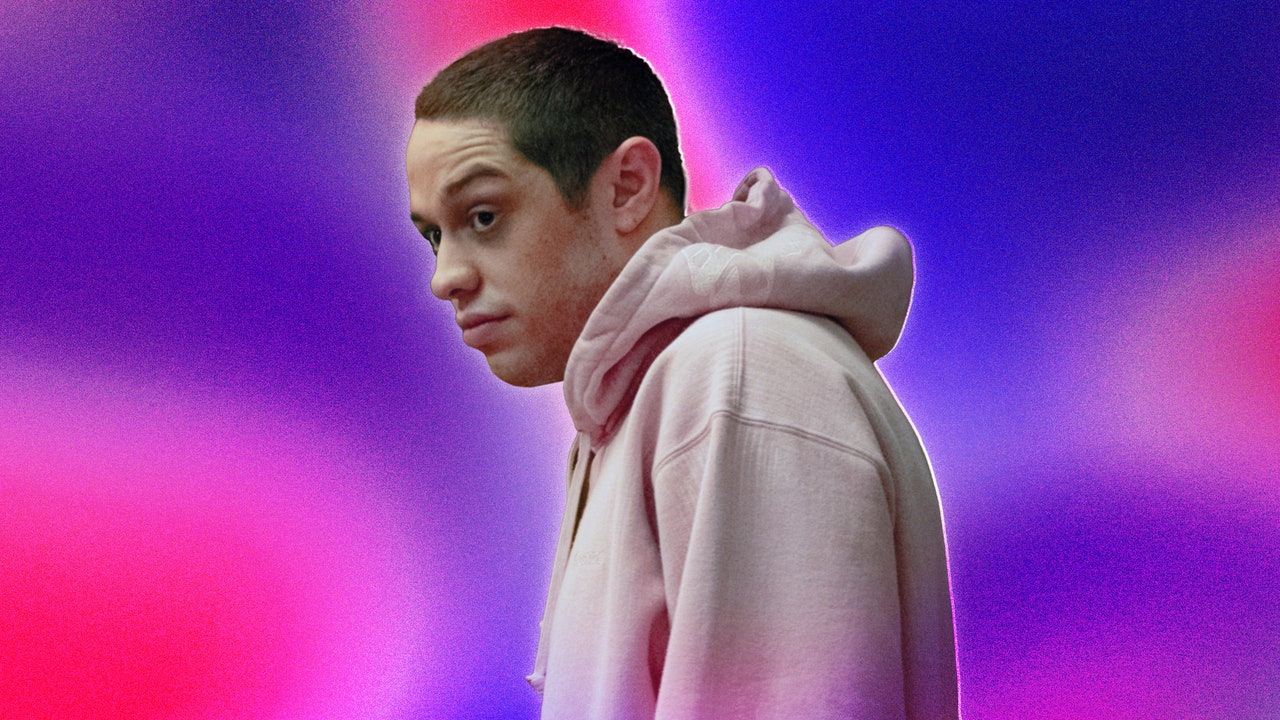Interviewing Men Who Document Their Divorces on TikTok by Lisa
When Garet, a 22-year-old lumber worker, tied the knot after four years of courtship, he never anticipated becoming a single father within a few months. “Our relationship started deteriorating after the first year,” he shares, “and we ended up divorcing shortly after.” With newfound spare time and a desire to bond more with his son, Garet joined TikTok in early 2018. After spending months viewing and creating videos, he found a unique way to cope with his divorce while indulging in his new pastime. Garet filmed himself burning his marriage certificate in a metal bin on the street, creating what would later become a legendary Divorce TikTok.
Garet’s video, along with seven others, was featured in a viral Twitter thread highlighting some of the best TikTok content from divorcees in February. Most of these videos are lip-synced to emotional songs and often show the divorcee removing their wedding ring and tossing it towards the camera. Many Divorce TikToks also include the divorcee’s children or the divorcee holding old photos of the couple with background music lyrics like “look what you gave up”. While these intensely emotional videos may seem niche to Twitter users, the popularity of Divorce TikTok is undeniable. At the time of writing, the hashtag #divorce has over 60 million views on TikTok, and the hashtag #divorced has over 18 million. While some videos using these hashtags are simply memes about divorced parents or skits about divorce, many of them are people sharing and documenting their marriage dissolution.
What’s puzzling about this trend is its occurrence on TikTok – an app famously used by pre-teens. However, Nicholas, a 33-year-old managing director from Milton Keynes who posted his own divorce video, explains that many divorcees are on TikTok because it’s a popular app among parents looking to connect with their children. “My kids saw a TikTok ad on their tablets, so I downloaded it,” he shares. “Watching five TikToks before bedtime became part of our routine.”
Nicholas shares that it took him nearly three years to finally exit his marriage after encountering an unavoidable rough patch. Struggling with anxiety and depression, he was initially hesitant about posting personal videos on his TikTok page. “My early posts were mostly about my kids or jokes,” he says, ”But I wanted to share my divorce story and express the emotions associated with it… Posting the video allowed me to express things that I felt I couldn’t before.”
Ryan, a 35-year-old truck driver and photographer from Kansas, began posting on TikTok purely for entertainment – discovering it just a few months after his marriage officially ended. After creating a few videos, Ryan had a moment of inspiration that led him to post about his divorce.

